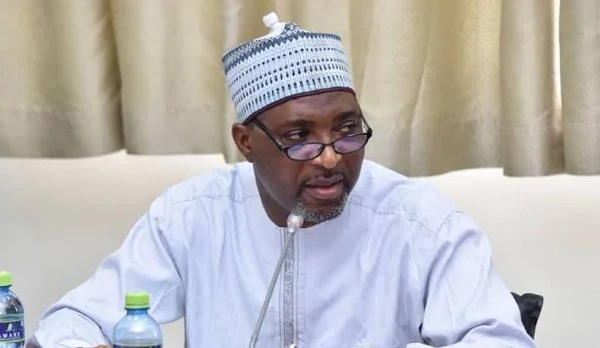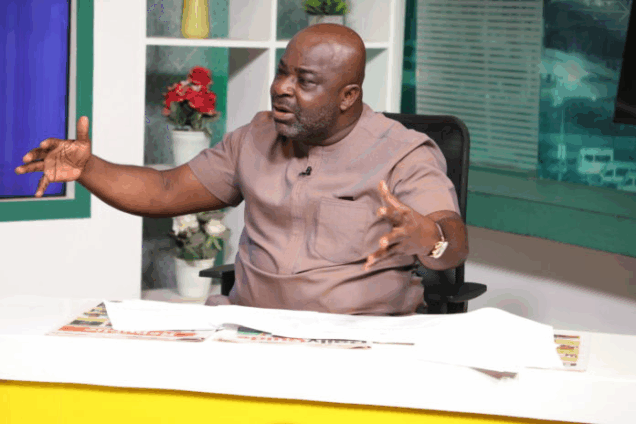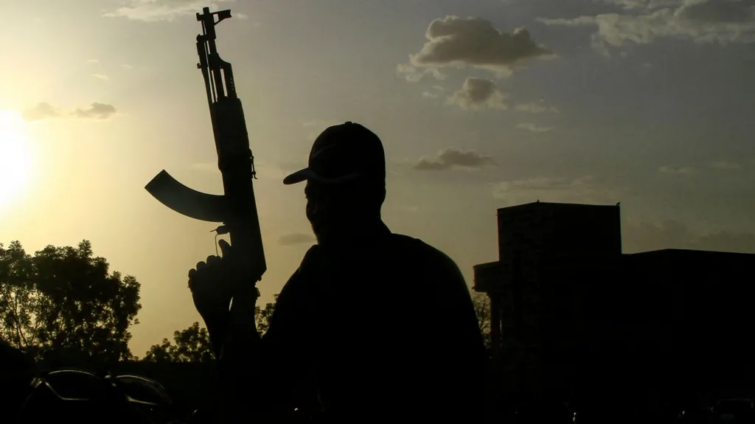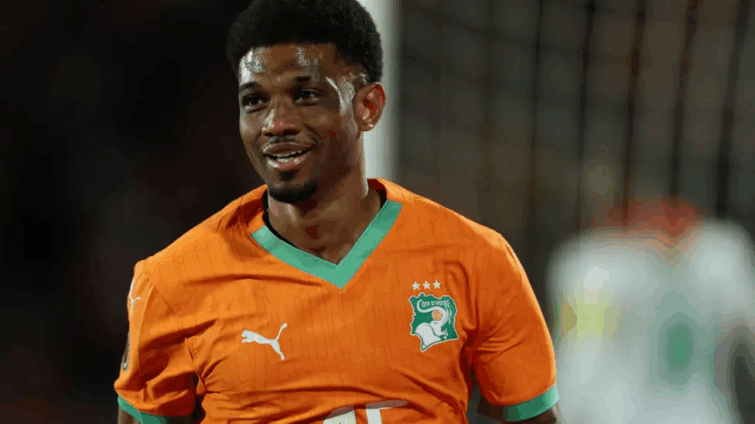A Return That Isn’t Simple: Burkina Faso’s Diaspora Outreach Exposes Africa’s Deepest Identity
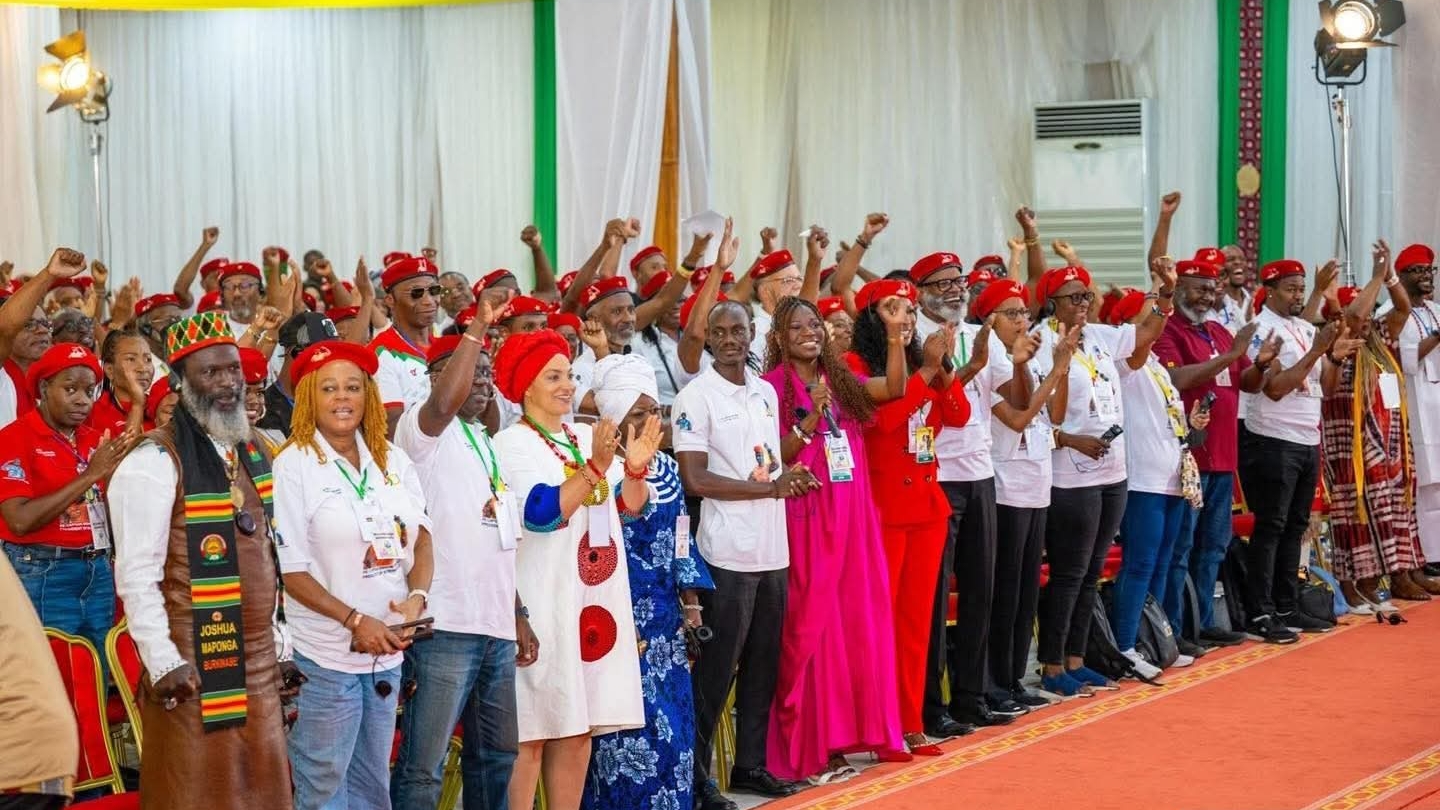
About a week ago, Burkina Faso’s president welcomed a group of diaspora Africans for a formal discussion. At first glance, it seemed like diplomacy. There were smiles around a polished table and a speech about unity. This dance is familiar among African governments to signal openness. However, once the video hit social media, reactions revealed a different story. The meeting sparked confusion, skepticism, and questions that extend far beyond one country and one administration as much as it received praise.
This moment shines a light on something bigger. Africa is dealing with an identity crisis that spans oceans. The continent is trying to define itself politically and culturally while millions of its descendants abroad are trying to reconnect. These efforts often clash. Not out of hostility, but because each side carries different memories, needs, and expectations.
On platforms like X, formerly Twitter, TikTok, and Instagram, discussions about the diaspora have increased. In one area, African Americans express a desire to return to the continent after centuries of separation. In another, Africans at home debate land sales, cultural authenticity, and political influence. Recently, a South African group protested in the United States, holding posters that referenced apartheid. In another viral clip, a man passionately defended the continent against stereotypes. In Ghana, a couple announced their purchase of land to create a community for diaspora families wanting to settle in Accra.
Every video adds to the same tension. Africa seeks connection, but on its own terms. The diaspora longs for belonging, but with dreams shaped by longing and loss. Both sides try to build a relationship without fully confronting the gap between them.
The meeting in Burkina Faso did not create this gap; it simply laid it bare.
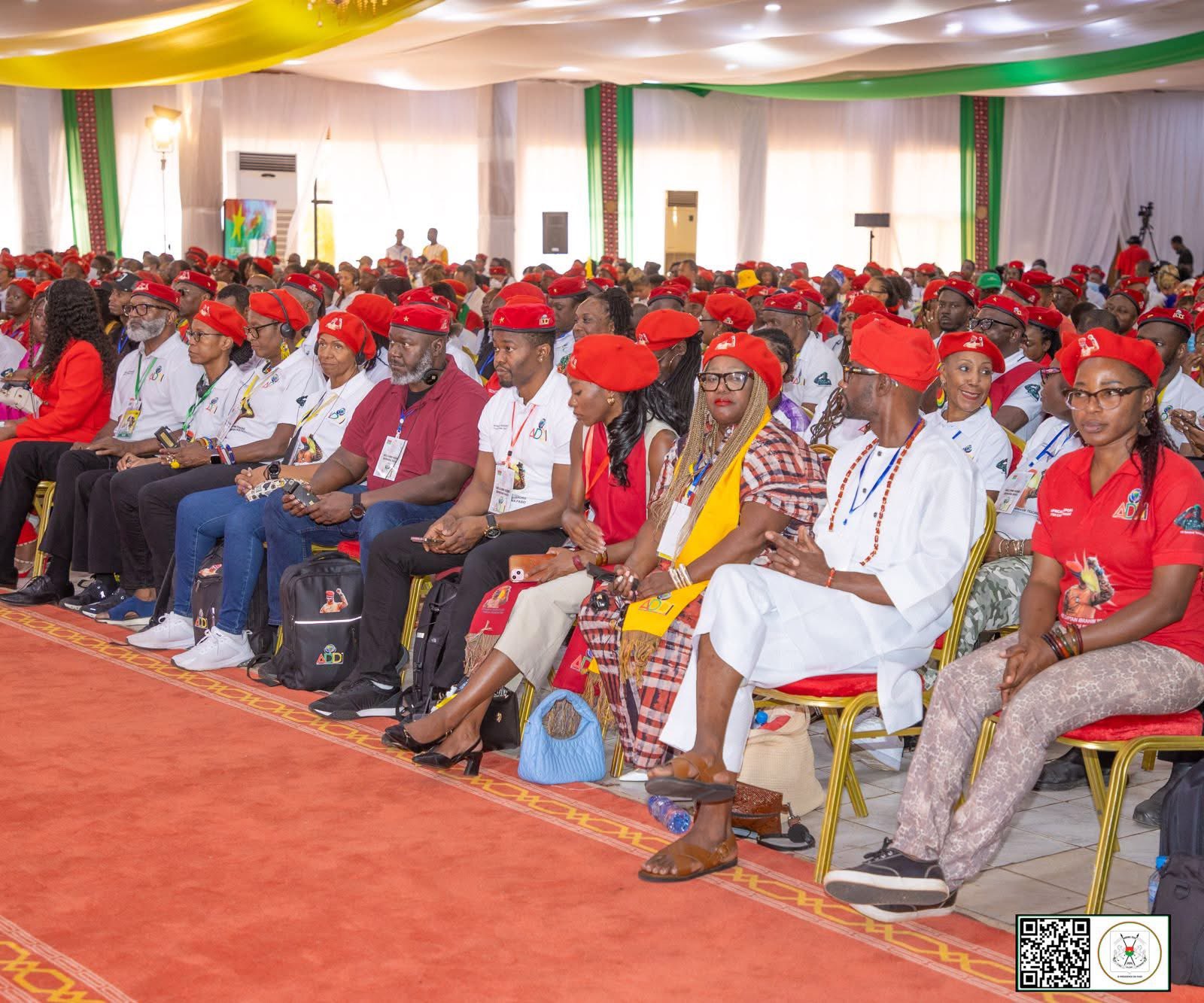
Trauma, Privilege, and Cultural Authenticity
Many diaspora Africans view the continent through lenses shaped by memory, imagination, and trauma. They come looking for grounding and a sense of origin, even if they know they may never identify the exact place of their ancestors. Their desire runs deep. It stems from a wound that has never fully healed. The separation caused by slavery and migration has created a dislocation that families have carried for generations.
Meanwhile, Africans on the continent perceive something different. They see people who left long ago returning with strong opinions on how society should change. They see outsiders confidently discussing cultures they are still learning. Sometimes, they see economic privilege that does not reflect local realities. These differences create tensions that neither side knows how to manage.
This is why every meeting between African leaders and diaspora groups quickly turns symbolic. Both sides want to look united and speak the language of collaboration. Yet, the underlying questions remain unanswered.
Who exactly is the diaspora to the continent? Are they advisors, investors, cultural ambassadors, or citizens without full rights? What political power should they hold? Should they influence continental policies? Should they vote in national elections? Should they shape the cultural narrative of countries they do not reside in?
Why Do Governments Engage the Diaspora? Politics or Profit?
For African governments, engaging with the diaspora often serves a practical purpose. Remittances support families and sometimes entire local economies. International networks enhance diplomatic influence. Tourism and relocation programs generate revenue. However, governments rarely confront the cultural complexities. They seldom discuss the social friction that arises when diaspora communities settle in cities where locals already feel economically vulnerable.
The Ghanaian example illustrates this point. The Year of Return in 2019 opened the doors wide for diaspora tourism and eventual relocation. This brought cultural celebration, investment, and global attention. Yet, it also sparked debates about gentrification, rising rents, and concerns that foreigners, even those of African descent, were reshaping local areas in ways that excluded the average Ghanaian. These discussions have not faded; they resurface whenever new diaspora-driven real estate projects arise.
Diaspora Connect
Stay Connected to Home
From Lagos to London, Accra to Atlanta - We Cover It All.
The Burkina Faso meeting fits into this larger pattern. Diaspora individuals seek reconnection. The government welcomes them, seeing political and economic opportunity. Yet, the public remains split. Some celebrate while others question the intentions. Many wonder if these visits truly benefit the average citizen or simply add layers to existing inequalities.
The diaspora isn’t a single group either. African Americans have different historical experiences than Caribbean migrants. African migrants in Europe face different issues than Afro-Latinos. North Africans in France deal with different challenges than Somali communities in the United States. Yet, all are often lumped into the same category, despite their varied experiences of displacement. When these communities connect with the continent, they sometimes expect a level of cultural harmony that is unrealistic.
There’s also a psychological aspect. Many people in the diaspora feel a sense of not belonging in the countries where they were born. They encounter racial discrimination, carry inherited trauma, and are often told they are not fully accepted. Returning to Africa becomes a personal and spiritual journey. Yet Africa is not just an empty space awaiting emotional reclaiming. It is a continent with its internal conflicts, where people face economic instability, political changes, and social tensions. It is a place still working through its postcolonial identity.
This contradiction is what the Burkina Faso meeting brought to light. The diaspora seeks home in a continent that is still figuring out what home means for its own people.
Unanswered Questions of Power and Identity
African countries often frame engagement with the diaspora as a show of unity. However, true unity requires shared understanding, which is currently lacking. Unresolved questions remain on both sides.
Can someone born and raised in the diaspora genuinely claim an African identity if they have never lived on the continent? If so, what does that identity allow them to influence? Should locals change their view of the diaspora because of historical trauma, or should the diaspora adapt more carefully to the current realities of the continent?
Some Africans argue that the diaspora plays a crucial role in global advocacy. They assert that diaspora voices highlight issues that local governments often overlook. Others argue that outside voices can misrepresent the continent, or that a superior tone can breed resentment. A single narrative cannot capture all of these truths.
Political changes also factor into this equation. Countries like Burkina Faso are aligning with alternative global powers and looking for new forms of sovereignty. Engaging the diaspora becomes a symbolic extension of that strategy. But symbolism alone isn't enough. If engagement is merely a gesture, it risks becoming theatrical. Once it becomes theatrical, it loses credibility.
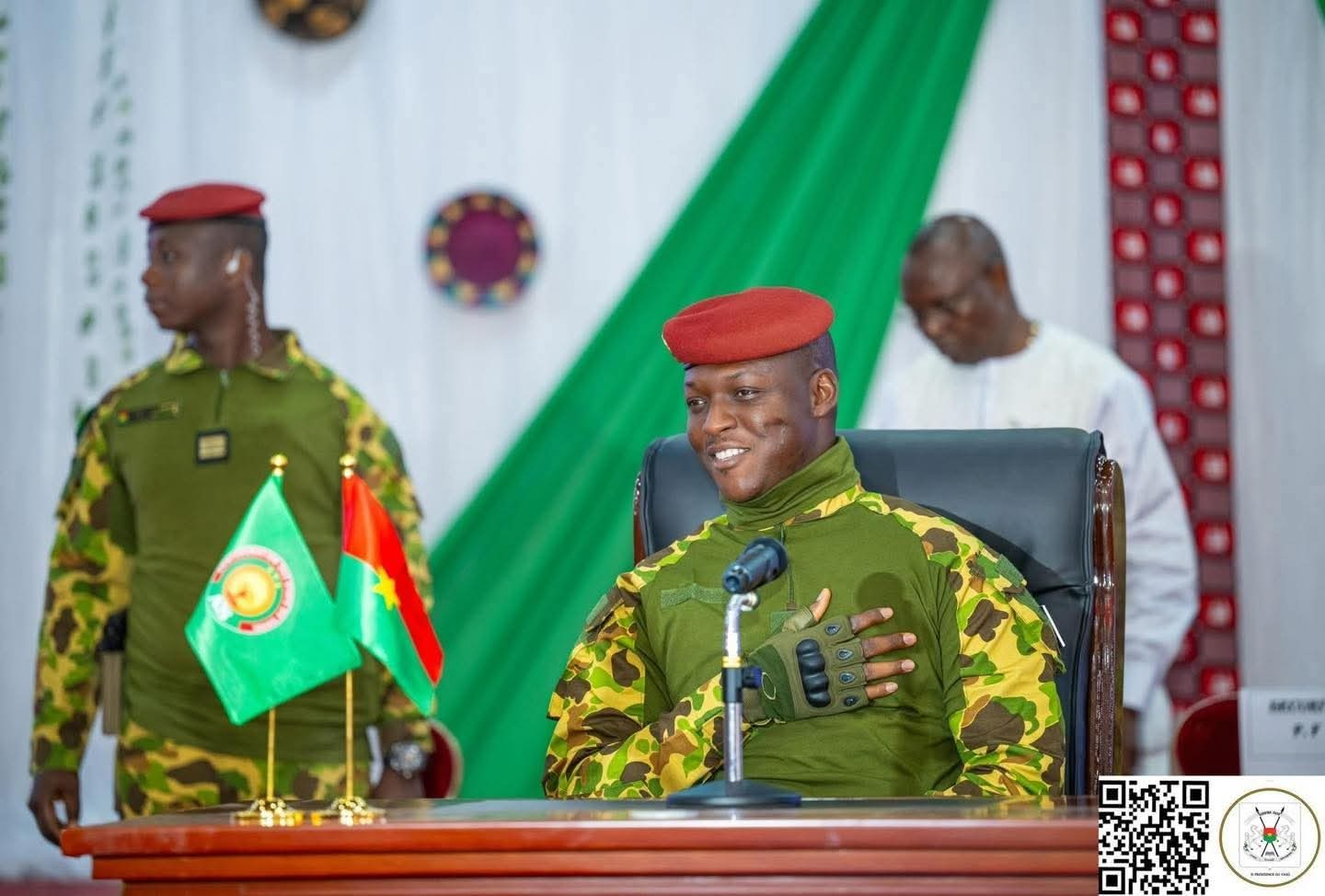
Identity isn't resolved through a meeting or a speech. It’s shaped by lived experience, power, and memory. The African identity both sides are trying to claim is not singular. It is layered, fractured, and still evolving.
Perhaps that’s why online reactions were so mixed. Some saw unity. Others saw propaganda or confusion. Each response reflects different perceptions of Africa: the imagined Africa, the historical Africa, the political Africa, and the Africa of everyday life, with all its contradictions intact.
The diaspora conversation ultimately concerns the future of the continent. Who gets to define African culture? Who gets to redefine African political structures? Who shapes the next generation of African identity? How do we avoid repeating the mistakes of past empires, where power rested with those who lived far from the people they governed?
These questions are vital because the current moment is delicate. African countries are reshaping alliances. Diaspora communities are reclaiming their heritage. Both sides desire connection. But connection without clarity breeds conflict.
The meeting in Burkina Faso was more than a diplomatic event; it was a reminder of a relationship that has yet to be fully negotiated. A bond built on shared origins but divided by history, still searching for the right words.
Diaspora Connect
Stay Connected to Home
From Lagos to London, Accra to Atlanta - We Cover It All.
Maybe the essential question isn't whether the diaspora should return. The key question is what version of Africa both sides aim to reconnect with.
And whether that version of Africa has ever truly existed.
You may also like...
When Sacred Calendars Align: What a Rare Religious Overlap Can Teach Us

As Lent, Ramadan, and the Lunar calendar converge in February 2026, this short piece explores religious tolerance, commu...
Arsenal Under Fire: Arteta Defiantly Rejects 'Bottlers' Label Amid Title Race Nerves!

Mikel Arteta vehemently denies accusations of Arsenal being "bottlers" following a stumble against Wolves, which handed ...
Sensational Transfer Buzz: Casemiro Linked with Messi or Ronaldo Reunion Post-Man Utd Exit!

The latest transfer window sees major shifts as Manchester United's Casemiro draws interest from Inter Miami and Al Nass...
WBD Deal Heats Up: Netflix Co-CEO Fights for Takeover Amid DOJ Approval Claims!

Netflix co-CEO Ted Sarandos is vigorously advocating for the company's $83 billion acquisition of Warner Bros. Discovery...
KPop Demon Hunters' Stars and Songwriters Celebrate Lunar New Year Success!

Brooks Brothers and Gold House celebrated Lunar New Year with a celebrity-filled dinner in Beverly Hills, featuring rema...
Life-Saving Breakthrough: New US-Backed HIV Injection to Reach Thousands in Zimbabwe

The United States is backing a new twice-yearly HIV prevention injection, lenacapavir (LEN), for 271,000 people in Zimba...
OpenAI's Moral Crossroads: Nearly Tipped Off Police About School Shooter Threat Months Ago
ChatGPT-maker OpenAI disclosed it had identified Jesse Van Rootselaar's account for violent activities last year, prior ...
MTN Nigeria's Market Soars: Stock Hits Record High Post $6.2B Deal

MTN Nigeria's shares surged to a record high following MTN Group's $6.2 billion acquisition of IHS Towers. This strategi...

